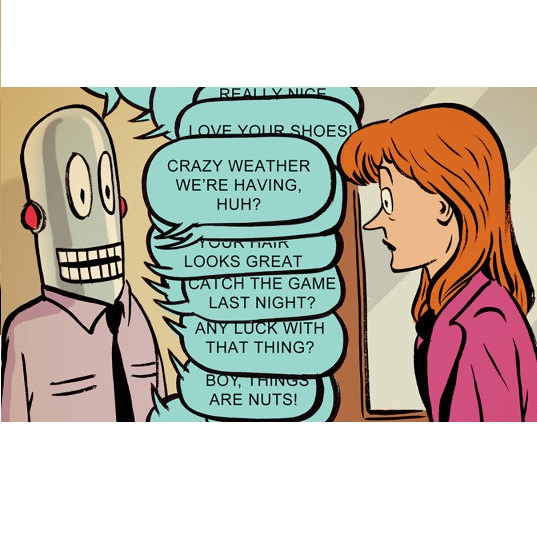Historical emphasis on writing mastery has shifted with advances in generative AI, especially in scientific writing. This study analysed six AI chatbots for scholarly writing in humanities and archaeology. Using methods that assessed factual correctness and scientific contribution, ChatGPT-4 showed the highest quantitative accuracy, closely followed by ChatGPT-3.5, Bing, and Bard. However, Claude 2 and Aria scored considerably lower. Qualitatively, all AIs exhibited proficiency in merging existing knowledge, but none produced original scientific content. Inter-estingly, our findings suggest ChatGPT-4 might represent a plateau in large language model size. This research emphasizes the unique, intricate nature of human research, suggesting that AI's emulation of human originality in scientific writing is challenging. As of 2023, while AI has transformed content generation, it struggles with original contributions in humanities. This may change as AI chatbots continue to evolve into LLM-powered software.
翻译:暂无翻译





